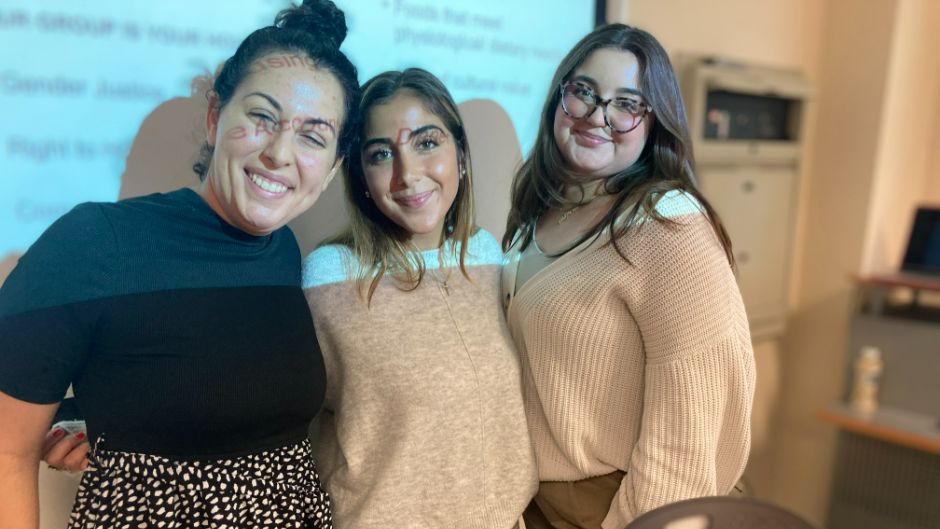On November 5, 2023, the Miami Law Human Rights Clinic hosted a consultation with Ashwini K.P., the United Nations Special Rapporteur on contemporary forms of racism, racial discrimination, xenophobia, and related intolerance. The meeting was organized following advocacy by the clinic during its recent trip to Geneva and formed part of the Special Rapporteur's first official visit to the United States.
The Consultation
The 2.5-hour virtual session featured statements by civil society on the intersections between food injustice and racial discrimination. The consultation was facilitated by Denisse Córdova Montes, acting associate director of the Human Rights Clinic, along with clinic interns Zoe Henderson, Lily Arslanian, and Kristina Bergman, in collaboration with the National Right to Food Community of Practice.
"It was painful to hear the various ways that our community members are harmed by the lack of food access and lack of control over their food systems," said Henderson. "Yet, I feel so fortunate to be standing alongside them as we work to transform the food system in the U.S. Despite the many inevitable obstacles, I hold on to the hope that our collective power brings."
The consultation was part of Ashwini's official country visit to the U.S. in late November. It provided advocates and people with lived experiences of hunger and racial discrimination with a unique opportunity to speak directly to the Special Rapporteur on local issues, to answer questions from the Special Rapporteur, and to have their issues be included in her end-of-visit statement and later in her final report to the Human Rights Council.
"It was an incredible experience to gain the insights of so many powerful community leaders who are working actively to advocate for and advance the Right to Food through multidimensional advocacy encompassing different avenues of the law, social justice, civil rights, and international human rights in our consultation with the U.N. Special Rapporteur," said Arslanian.
End-of-Visit Statement
The consultation left a strong impression on Ashwini, as her end-of-visit statement included an entire section on racial discrimination in the food system, drawing on testimony from community members and a post-consultation Human Rights Clinic written submission.
"Hearing community members share about the disparate impacts of rising food costs, local laws preventing families from growing their own food, and state laws failing to protect farmworkers, on their ability to provide adequate food for themselves helped frame the urgency of addressing racism in the U.S. food system," said Bergman.
In her end-of-visit statement, Ashwini discussed the disproportionate rates of food insecurity experienced by Black, Latino, and Indigenous communities, as well as the prevalence of food swamps and food deserts in areas where racially marginalized groups live and work. She also touched on the disproportionate impacts of failed food assistance programs on racially marginalized groups. She described the U.S. food system as being "grounded in racially discriminatory land acquisition and use, exploitative labor, and corporate food dependence."
Ashwini went on to specifically express concern regarding the food insecurity experienced by Indigenous people and the dispossession of Indigenous land, as well as the exploitation of migrant farmworkers and the exclusion of Black farmers from federal support sources. Ashwini recommended that the U.S. government take "urgent action" concerning racial discrimination within the food system and adopt a rights-based national plan to end hunger.
The Human Rights Clinic is developing a comprehensive record of the virtual consultation, which will be submitted to the Special Rapporteur as input toward her official report to the Human Rights Council on her U.S. visit. The Special Rapporteur will issue her official report in June 2024.
Read more about Miami Law's Human Rights Clinic

